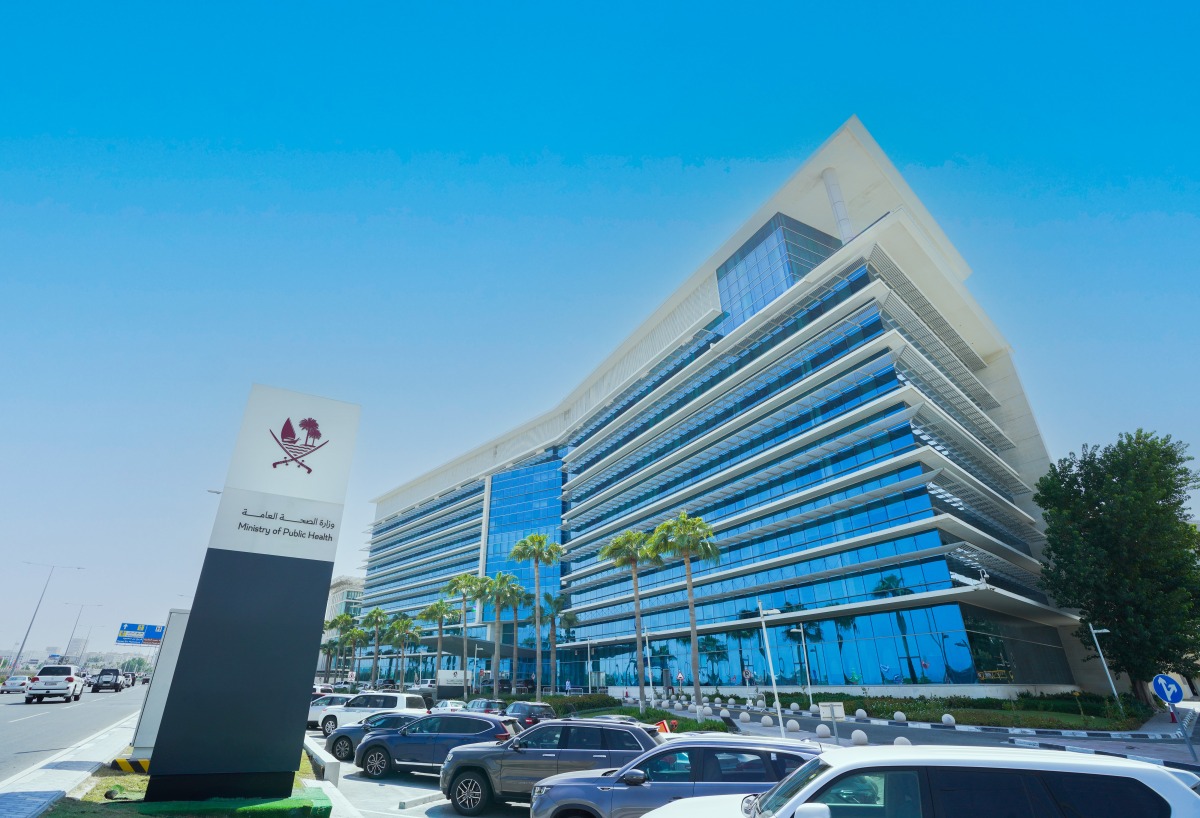Qatar’s healthcare sector is primed for significant growth in the coming years, with substantial investments in infrastructure, advanced medical technologies, and a rise in medical tourism. The country has allocated QR22bn to the healthcare sector, which represents around 10.5 percent of the total budget for 2025. Forecasts by Statista predict that Qatar’s hospital market will generate $2.26bn in revenue by 2025, with the sector projected to reach $2.85bn by 2029. This growth is fueled by the increasing number of hospitals and medical facilities in the country, as well as Qatar’s focus on attracting medical tourists in need of high-quality treatments and specialized care.
Qatar’s healthcare sector is also leading in the integration of advanced technological solutions, such as artificial intelligence and precision medicine, to provide accurate diagnostics and personalized treatments. The country is positioning itself as a regional healthcare hub with state-of-the-art facilities capable of catering to a diverse population while maintaining high standards of care. By 2025, Qatar is projected to have 1.16 hospital beds per 1,000 inhabitants and a nurse-to-population ratio of 7.5 nurses per 1,000 inhabitants. The medical device market in Qatar is also on the rise, with a forecasted revenue of $744.90m by 2025, driven by a demand for innovative devices that support the country’s evolving healthcare infrastructure.
Digital health technologies are gaining traction in Qatar, from wearable health monitors to telemedicine platforms and remote patient monitoring systems. These innovations are revolutionizing healthcare delivery, particularly in remote areas where access to healthcare may be limited. The government of Qatar is actively supporting the integration of digital health technologies as part of its strategy to improve healthcare outcomes and reduce costs. Preventive healthcare is also a growing trend in Qatar, with a focus on initiatives to address the increasing prevalence of non-communicable diseases like diabetes and cardiovascular conditions. Medical devices that help with early detection and monitoring, such as glucose monitors and blood pressure cuffs, are in high demand as the population becomes more health-conscious.
In conclusion, Qatar’s healthcare sector is experiencing significant growth, driven by investments in infrastructure and advanced technologies. The country is positioning itself as a regional healthcare hub with cutting-edge facilities and a focus on personalized care. The integration of digital health technologies is transforming the way healthcare services are delivered, particularly in remote areas. Preventive healthcare is also a key focus, with initiatives aimed at addressing the rising prevalence of non-communicable diseases. As Qatar continues to prioritize healthcare expansion and innovation, the sector is poised for continued growth and success in the coming years.





















